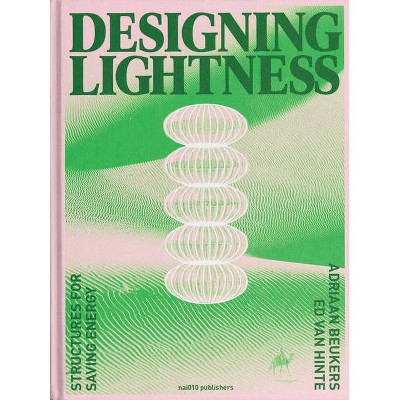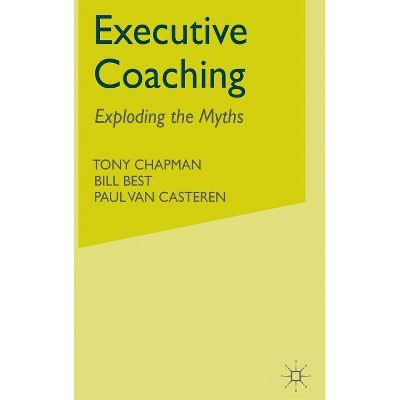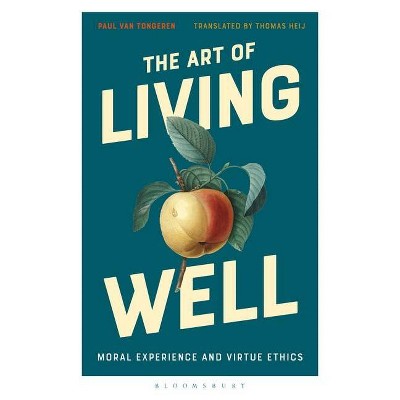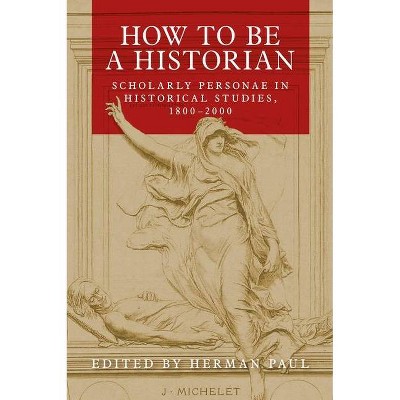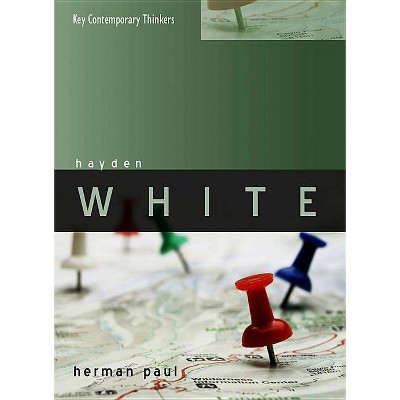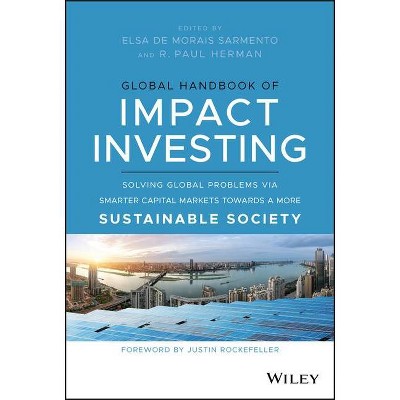Post-Everything - by Herman Paul & Adriaan Van Veldhuizen (Hardcover)
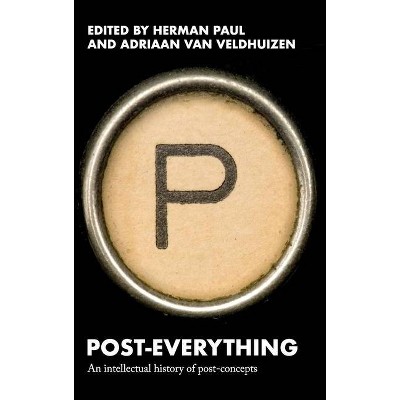
Similar Products
Products of same category from the store
AllProduct info
<p/><br></br><p><b> About the Book </b></p></br></br>Postmodern, postcolonial, and post-truth are broadly used terms. But where do they come from? When and why did the habit of interpreting the world in post-terms emerge? And who exactly were the 'post boys' responsible for this? This book traces the emergence and popularity of post-concepts through a wide range of genres and fields.<p/><br></br><p><b> Book Synopsis </b></p></br></br>Postmodern, postcolonial and post-truth are broadly used terms. But where do they come from? When and why did the habit of interpreting the world in post-terms emerge? And who exactly were the 'post boys' responsible for this? <i>Post-everything</i> examines why post-Christian, post-industrial and post-bourgeois were terms that resonated, not only among academics, but also in the popular press. It delves into the historical roots of postmodern and poststructuralist, while also subjecting more recent post-constructions (posthumanist, postfeminist) to critical scrutiny. This study is the first to offer a comprehensive history of post-concepts. In tracing how these concepts found their way into a broad range of genres and disciplines, <i>Post-everything </i>contributes to a rapprochement between the history of the humanities and the history of the social sciences.<p/><br></br><p><b> From the Back Cover </b></p></br></br>Postmodern, postcolonial, postfeminist, and now even post-truth - it seems as if 'post-concepts' are everywhere. This, however, has not always been the case. Some exceptions notwithstanding, the habit of interpreting the world in post-terms dates back no further than the 1950s, when a postwar generation tried to make sense of a world full of change. <i>Post-everything</i> examines why post-Christian, post-industrial, and post-bourgeois were terms that resonated, not only among academics, but also in the popular press. It traces the historical roots of postmodern and poststructuralist, while also subjecting more recent post-constructions (posthumanist, postfeminist) to critical scrutiny. This volume is unique in approaching these concepts from a historical point of view. Instead of engaging theoretically with post-ideology or post-capitalism, the volume offers historical explanations for their emergence and popularity. It paints vivid portraits of intellectuals (the 'post boys', as they were initially called) who brought these concepts into circulation - from German theologians fighting the Nazi regime to literary theorists inviting Jacques Derrida to a conference in the US. In tracing post-terms through a broad variety of genres and fields, <i>Post-everything</i> illustrates the potential of a broadly conceived history of knowledge, while also contributing, more specifically, to a rapprochement between the history of the humanities and the history of the social sciences.<p/><br></br><p><b> About the Author </b></p></br></br>Herman Paul is Professor of the History of the Humanities at Leiden University Adriaan van Veldhuizen is a scientific researcher for the Dutch government
Price History
Price Archive shows prices from various stores, lets you see history and find the cheapest. There is no actual sale on the website. For all support, inquiry and suggestion messages communication@pricearchive.us
